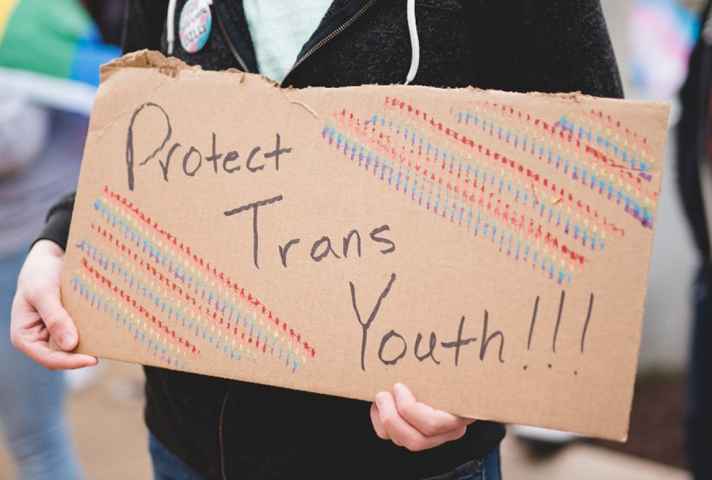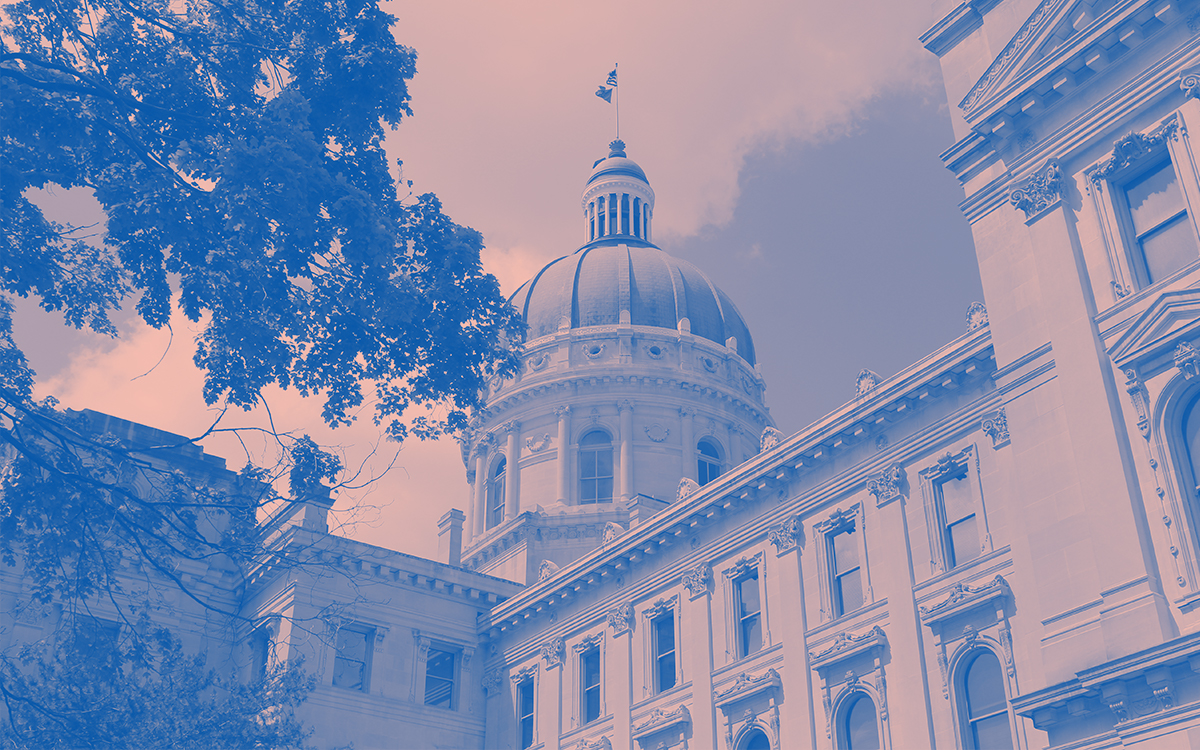Nobody should be locked up in jail simply because they can’t afford freedom.
Yet under the current cash bail system, a person’s freedom too often depends on how much money they have in their bank account.
More than 10 million people in the U.S. are locked into local jails each year – and as of 2020, there were roughly 630,000 people locked up on any given day. Most of them have not been convicted of a crime and are only there because they could not afford bail.
In Indiana, a majority of people who are locked up in local jails (56%) are legally presumed innocent, but are languishing behind bars.
Additionally, despite some bad-faith criticisms, ending cash bail and releasing people pretrial would not harm public safety.
HOW DOES CASH BAIL WORK?
After an arrest, most people are required to pay an amount of money in order to maintain their freedom prior to trial. If the person shows up to future court dates as required, the bail money is returned. If not, it may be forfeited.
If someone cannot pay bail, they are trapped in jail until their case is completed, which could take weeks, months, or even years.
Although the law says you are innocent, if you can’t afford to pay bail, you are locked up before ever being convicted of a crime.
CASH BAIL AND MASS INCARCERATION
The U.S. is the world’s largest incarcerator and the cash bail system of wealth-based pretrial detention is one of the major drivers of mass incarceration.
In particular, cash bail preys on poorer people and people of color, who are heavily profiled, targeted by police, and arrested at higher rates due to systemic inequities.
As of 2017, incarceration rates for Black Hoosiers were more than five times the rate of white Hoosiers. Black and Latinx people are also on average assigned substantially higher amounts of bail than white people for similar crimes, meaning that they are much more likely to land in jail simply because they can’t afford to pay.
Ending cash bail is about leveling the playing field for marginalized communities in the criminal legal system.
Pretrial detention has devastating effects for people, including:
- Loss of job, custody of children, and home
- Loss of health and physical safety
- Physical and psychological trauma
- Loss of relationships and economic support
- Higher likelihood of sentencing
- Longer sentences
Again, this can all happen before a trial is conducted.
Proponents of cash bail claim this system makes it more likely that you will show up for court. However, we know that simple solutions like court reminders and transportation assistance often achieve that purpose, without forcing people to buy their freedom.
There is no path to ending the mass incarceration crisis in Indiana and across the country without ending this current prejudiced system of wealth-based, pretrial detention.
In a country that says you are "innocent until proven guilty," cash bail renders a punishment before someone even gets a fair trial.
The size of your wallet should never determine your freedom.


